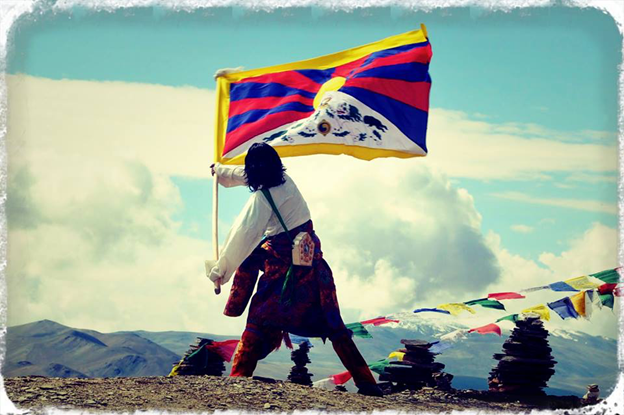Tibetan Democracy Day
Context
September 2 marks the anniversary of the establishment of the democratic system of the Tibetan people living in exile in India.
- This year, the Tibetan Government-in-Exile celebrated its 62nd Democracy Day.

About Tibetan Democracy Day
- It is widely known within the community as Mangsto Duchen (‘Mangsto’: democracy; ‘Duchen’: occasion).
- It marks the inception of the Tibetan democratic system in exile.
- In February 1960, a little less than a year after he crossed over into India, the Fourteenth Dalai Lama outlined in Bodh Gaya, where The Buddha attained Enlightenment, a detailed programme of democratic practice for exiled Tibetans.
- According to the Tibetan Parliament-in-Exile (TPiE), he advised them to set up an elected body with three exiled representatives each from the three provinces, and one each from the four religious schools of Tibetan Buddhism.
- After elections were held, 13 elected representatives, called ‘Deputies’, were designated as the ‘Commission of Tibetan People’s Deputies’ (CTPD). They took oath on September 2, 1960.
- Subsequently from 1975 onward, this date began to be formally observed as Tibetan Democracy Day.
About Parliament-in-Exile
- The TPiE is the highest legislative body of the Central Tibetan Administration (CTA).
- It is described as one of the three pillars of Tibetan democratic governance — the others being the Judiciary and the Kashag, or Executive.
- The CTA is based in Dharamsala, Himachal Pradesh.
- Elections are held every five years to elect Members of the TPiE, and their Sikyong (Prime Minister).
About Government-in-Exile
- On March 10, 1963, the Dalai Lama promulgated the Constitution of the Tibetan Government-in-Exile (TGiE).
- From 1991 onwards, TPiE became the legislative organ of the CTA, the Tibetan Supreme Justice Commission became the judicial organ, and the Kashag the executive organ.
- The TGiE is not recognised officially by any country, including India. However, many countries, including the US, deal directly with the Sikyong and other Tibetan leaders through various forums.
India’s official policy towards the CTA
- India considers the Dalai Lama as a revered religious leader and an honoured guest, but it does not encourage political activities by Tibetans.
- India follows the “One China” policy, it does not feel the need to reiterate it frequently.

